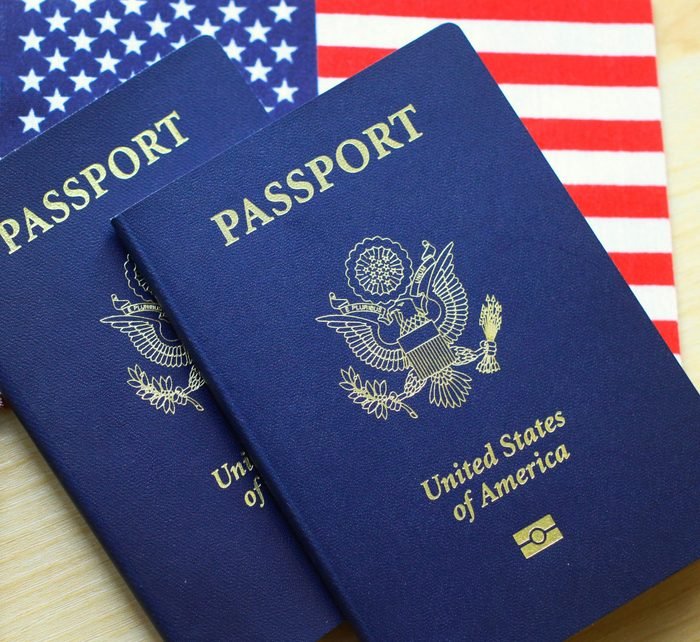Traveling offers exciting opportunities to explore new cultures, landscapes, and experiences. Whether it’s a short domestic trip or an international adventure, stepping outside familiar surroundings brings both enjoyment and uncertainty. While most journeys are smooth and memorable for positive reasons, being prepared for potential risks is an important part of responsible travel planning.
Personal safety while traveling involves more than just avoiding dangerous areas. It includes securing personal belongings, staying aware of surroundings, protecting digital information, and understanding local laws and customs. Smart travelers take preventive measures that reduce risks without limiting their experiences.
Learning how to protect yourself while traveling helps ensure that your trip remains enjoyable and stress-free. With thoughtful preparation and awareness, travelers can confidently navigate unfamiliar destinations while prioritizing personal well-being.
Research Your Destination Before Departure
Preparation begins with research. Understanding the local culture, transportation systems, and common safety concerns helps travelers make informed decisions.
Checking official travel advisories and reviewing updated safety information ensures awareness of potential risks.
Within reliable travel safety and international trip planning insights, destination research is a fundamental step.
Knowledge reduces uncertainty and improves decision-making.
Secure Important Documents
Passports, visas, identification cards, and travel insurance documents should be stored safely. Using anti-theft travel wallets or money belts provides added protection.
Keeping digital copies of essential documents ensures access if originals are lost or stolen.
Secure storage prevents unnecessary complications.
Preparation safeguards against emergencies.
Protect Your Personal Belongings
Crowded areas often attract pickpockets. Carrying bags with secure zippers and avoiding displaying valuables openly reduces risk.
Using luggage locks and hotel safes adds extra security.
Within practical smart travel protection and personal security strategies, vigilance protects property.
Being discreet minimizes unwanted attention.
Stay Aware of Your Surroundings
Situational awareness is crucial while traveling. Avoid distractions such as excessive phone use in unfamiliar areas.
Observing surroundings and trusting instincts help prevent unsafe situations.
Walking confidently and maintaining awareness deters opportunistic threats.
Alertness supports personal safety.
Safeguard Your Digital Information
Public Wi-Fi networks may expose sensitive information. Using secure connections or virtual private networks (VPNs) enhances digital security.
Avoid accessing banking accounts on unsecured networks.
Protecting devices with passwords and encryption adds an extra layer of defense.
Digital precautions prevent identity theft.
Follow Health and Emergency Precautions
Travel insurance provides coverage for unexpected medical emergencies. Familiarizing yourself with local emergency numbers is essential.
Staying hydrated, practicing food safety, and keeping emergency contacts accessible enhances preparedness.
Within structured travel safety and international trip planning insights, health awareness remains critical.
Prepared travelers respond effectively to unforeseen events.
Conclusion
Protecting yourself while traveling requires thoughtful preparation, awareness, and proactive safety measures. From researching destinations and securing important documents to safeguarding belongings and digital information, each precaution reduces potential risks. Staying alert in unfamiliar environments and understanding local emergency procedures further enhances personal security. While travel is meant to be enjoyable and enriching, responsible planning ensures that experiences remain positive and stress-free. By adopting smart travel habits and maintaining situational awareness, individuals can confidently explore new destinations while prioritizing their safety and well-being. Preparation and vigilance ultimately transform travel into a secure and memorable adventure.






